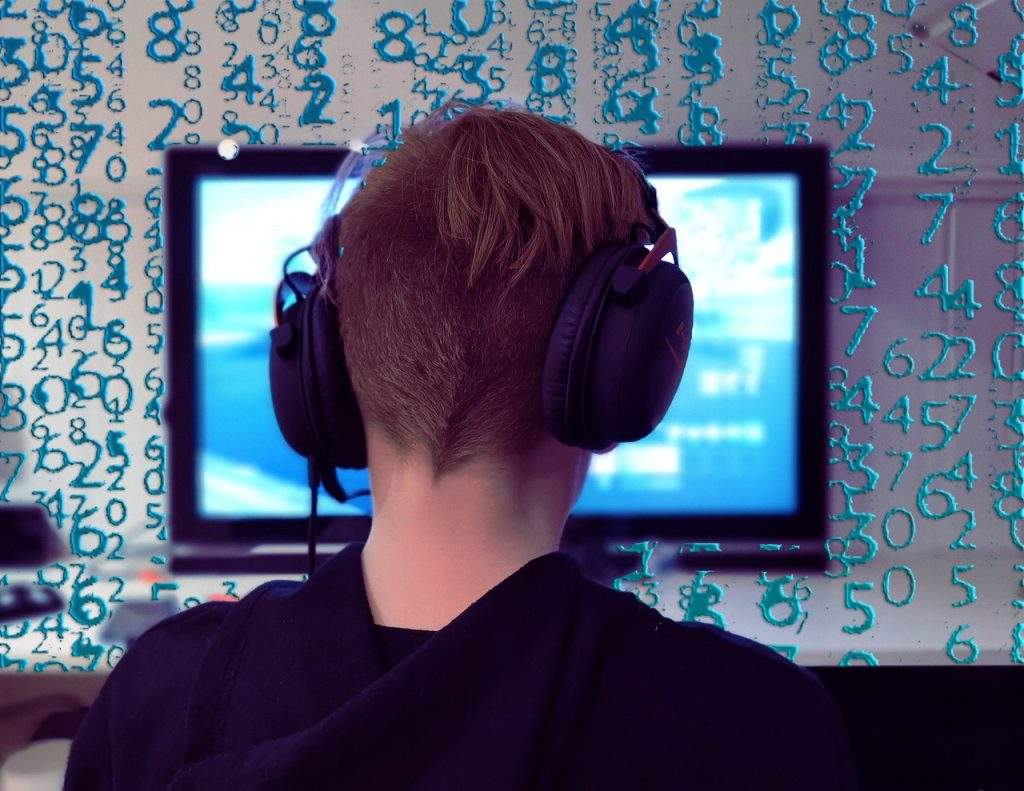Several industries are undergoing drastic changes thanks to the emergence of higher-quality AI functionalities. Every major sector is integrating more AI into their work, and the entertainment industry is no different. The video game industry, in particular, has benefited from numerous AI-driven developments.
It makes sense that AI elements are featured in video games. However, the extent of what they do may surprise many people out there. The option to buy admission essay online has changed the application process for students. That’s not unlike how AI has completely changed the video game industry.

- AI Is Creating Personalized Difficulty Levels for Players
The feature known as adaptive difficulty has been a part of gaming for a while now. Many “Mario Kart” players know how those would keep races close through rubber-banding. Thanks to rubber-banding, players were less likely to get left behind during a race but unlikely to break free from the pack.
Rubber-banding is an early form of adaptive difficulty in gaming. Since then, that concept has been refined. The result has been more engaging experiences.
The newest incarnations of “MLB The Show” feature dynamic difficulty. Dynamic difficulty refines the batting and pitching mechanics when selected according to the player’s level. Moving forward, adaptive difficulty figures to be a more prominent fixture in video games.
- AI Upscaling Opens the Door for More Video Game Remasters
Remastering a video game is hard work. Combine that with the fact that most remastered titles are sold at lower prices than completely new titles, and it’s easy to understand why many publishers consider them low-reward endeavors.
AI-aided upscaling can change the value proposition of remastered titles for publishers. Some fans are already using AI upscaling to remaster their favorite retro titles. It won’t be long before publishers recognize that. Expect them to respond by using AI upscaling more.
Source: https://unsplash.com/photos/eCktzGjC-iU
- AI Is Producing Better In-Game Worlds
Level design is a key component of many video games. In some cases, those intricately designed levels become the legacy of certain titles.
Countless players grew up with the iconic stages of the older “Mario” games. “Castlevania: Symphony of the Night” left its mark on the industry by tasking gamers with navigating Dracula’s Castle. More recently, “Dark Souls” captured the hearts of young and older ones alike by featuring a challenging and interconnected world.
Proper level design helps create memorable gaming experiences. However, more and more games are managing to provide engaging experiences using procedurally generated levels.
Notable titles that have enjoyed financial and critical success while using procedurally generated levels include:
- “Terraria”
- “Hades”
- “Minecraft”
There will always be room for well-crafted levels in video games. AI is showing that procedurally generated levels can also be fun to tackle.
- AI Is Helping Curb Unwanted Behavior in Video Games
AI makes it easier for developers to install features that combat cheating and harassment. Thanks to artificial intelligence, developers can hone in on specific behaviors that typically indicate cheating or abuse. AI programs can detect those patterns and take immediate action against others.
Those AI-powered features still need improvement. Still, they are improving by the day and helping create less toxic environments for players online.
- AI Is Developing Better Substitutes for Real Players
In the early days of gaming, teaming up with an AI-controlled player was a disadvantage. Those AI players tended to be predictable so that human competitors could beat them easily. The quality of AI players has improved since those days.
Multiplayer titles such as “DOTA 2”, “Rocket League,” and numerous first-person shooters allow contenders to team up with AI companions in matches. For the most part, AI players perform well. Of course, AI players aren’t good enough to step in for humans. Even so, those AI-controlled players have come a long way from where they used to be.
Wrapping Up
The evolution of artificial intelligence has played a significant role in the video game industry’s growth. That is unlikely to change anytime soon. More exciting AI-powered features will likely emerge in the coming years.







